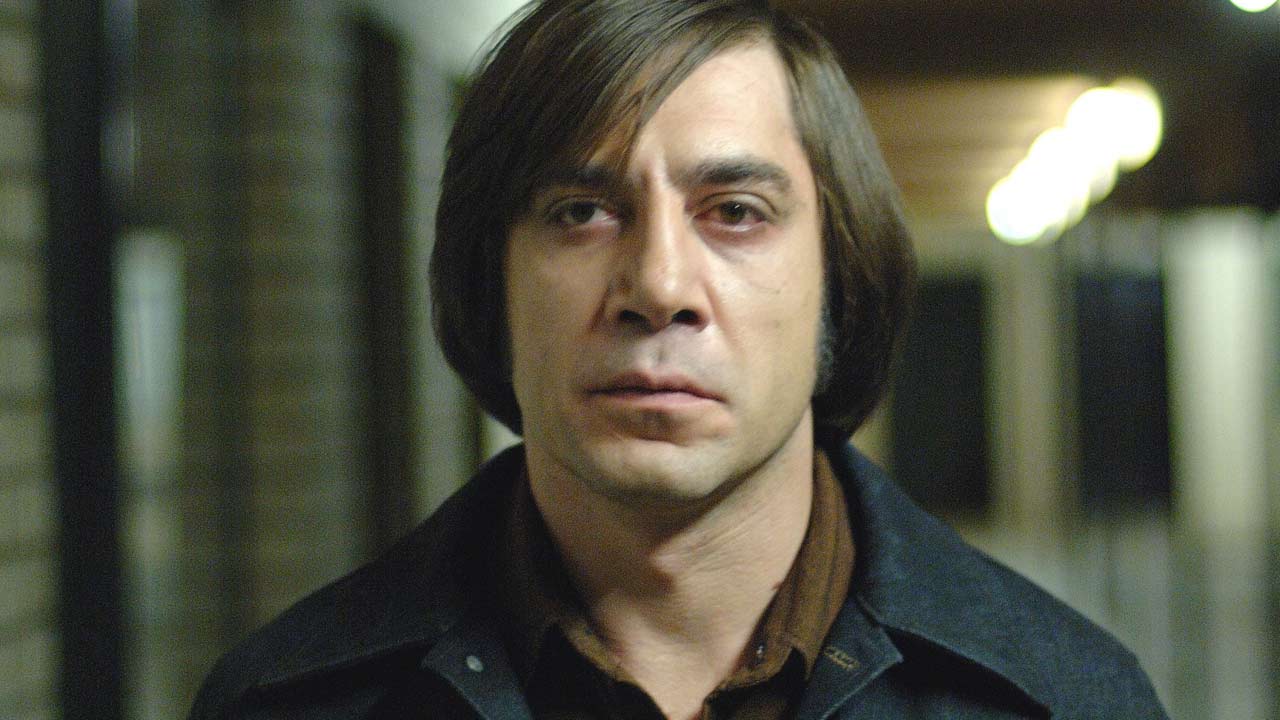
Although the Academy is supposed to recognize the best achievements in film purely based on artistic merit, history tells us that this has seldom been the case. One look at their lengthy list of nominees and winners is telling proof of how arbitrary, conceited and inherently silly these glorified publicity stunts are. And yet, that doesn’t stop high-profile filmmakers and Hollywood moguls alike from lining up en masse and making strong marketing campaigns for a chance at that coveted eight-and-a-half-pound gold trophy. Because regardless of how much stock you may place in their annual ceremony, the truth is that, dating back to their very first edition in 1927, the Oscars are difficult to ignore altogether.
Most of us will agree that handing out awards in a fluid art form like cinema is a fraught exercise on its own. Be that as it may, we can’t think of a better way to honor the Oscars than to trigger heated debates and angry rants by passing judgment on every Best Picture recipient in recent memory and assorting them in our own, unequivocally objective ranking. Let the games begin.
22. Green Book (2018)
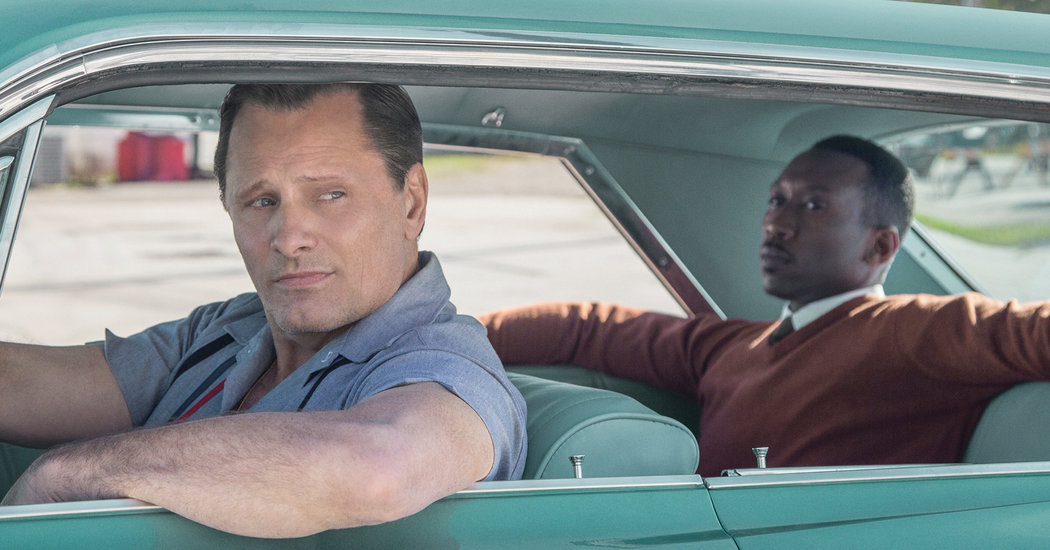
Oh boy.
The controversial 2018 winner charts the burgeoning relationship between a talented African American pianist (Mahershala Ali) and an Italian American bouncer (Viggo Mortensen) who drives him around from gig to gig through the ’60s Deep South. ‘Green Book’ is the type of non-confrontational film that addresses a serious, ongoing issue still very much ingrained in our society by criminally oversimplifying it and peddling profundity it doesn’t possess. As a commentary on tolerance and racism, the film’s trite observations might have been illuminating to see on-screen during the era it depicts — the 1960s — but register as awfully tone-deaf in this day and age. As a road trip/buddy comedy, it also happens to be painfully dull.
The only redeeming quality comes in the shape of Mahershala Ali’s poignant performance, who adds a bit of poise and pathos to the story. But the point still stands — ‘Green Book’ is a film that uses the antiquated white savior trope to make a hero out of his bigot lead for coming to the realization that racism is probably a lousy thing — thus reassuring liberal white folks watching at home that they have plenty of reason to feel good about themselves.
21. Crash (2004)

It was a close call between ‘Green Book’ and ‘Crash’ for the crown as the worst offender of the bunch. Don’t get us wrong — this film deserves every bit of flak it’s gotten in the past eighteen years and should still be dunked on for years to come. And for what it’s worth, much of the problems between both stinkers overlap.
‘Crash’ is a vapid treatise on bigotry that treats its audience like middle-schoolers in need of a crash-course on race relations, avoiding easy answers and spelling out its themes with the subtlety of a sledgehammer. The whole thing feels like the first draft of a student film that somehow slipped its way into an executive producer’s desk and made it all the way to the final cut unscathed. The fact that this film got greenlighted is head-scratching enough; that it got the biggest prize, a full-blown travesty. David Cronenberg’s 1996 erotic thriller will forever be the one and only ‘Crash’ we acknowledge around these parts.
20. CODA (2021)
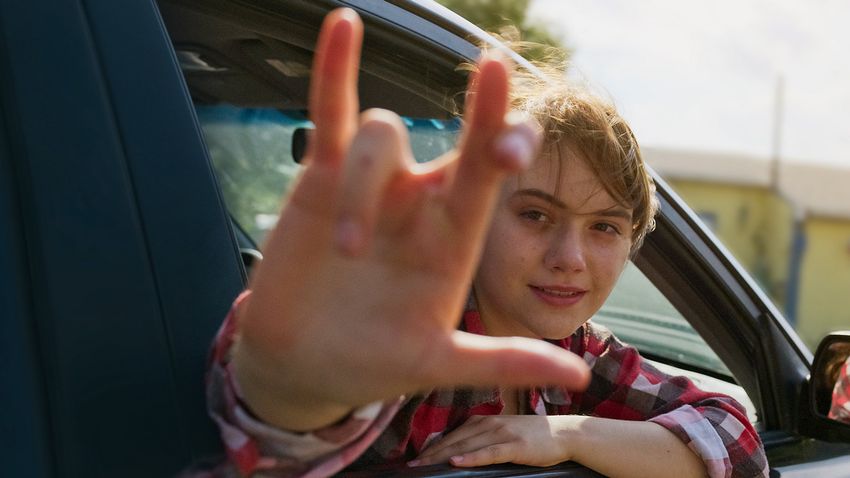
In an eventful year full of audacious releases that pushed the envelope in the silver screen (‘The Worst Person in the World’, ‘Titane’, ‘Drive My Car’ just to name a few), the Academy turned a blind eye and championed the nominee that pandered to the lowest common denominator. CODA’s fresh win has confirmed some of our worst fears — chiefly that Parasite’s sweep three editions back was all but a fluke and that the Academy is as out of touch as it’s ever been.
In a vacuum, ‘CODA’ is a saccharine, low-stakes family drama that studies deafness through the lens of a high school senior who struggles to balance her duties as her family’s de facto interpreter with her own aspirations as a choir singer. As a formulaic Disney Channel-original movie that hits every eye-rolling trope in the playbook, ‘CODA’ would fit the bill just right. But as the recipient of (presumably) the highest honor in cinema, the choice feels abysmal. Adding to the sting is the fact that we’re only a year removed from a much more nuanced representation of deafness in ‘Sound of Metal’, a film that was snubbed in both the Best Picture and Best Actor categories.
19. Slumdog Millionaire (2008)

The 2008 Awards ceremony saw Heath Ledger posthumously honored for ‘The Dark Knight’, a Best Picture snub fraught with controversy that prompted the expansion of nominees in subsequent editions. But it was British director Danny Boyle who emerged as the biggest winner of the night for ‘Slumdog Millionaire’, a cross-cultural and rather tedious crowd-pleaser that chronicles the rag-to-riches story of a poor Mumbai teenager.
The pulpy premise of the film rapidly becomes stale and its exploration of poverty in post-colonial India pales in comparison to national exports like Satyajit Ray’s Apu Trilogy — a timeless saga which, needless to say, would go unnoticed by the Academy. In a bland movie that’s all bark and no bite, the only bright spot comes in Dev Patel’s charming performance in the breakout role that established him as a bona fide star. We suggest checking out ‘The Green Knight’ if you’d like to see the actor at the height of his powers in a movie where the script is actually up to par to his talent.
18. The King’s Speech (2010)
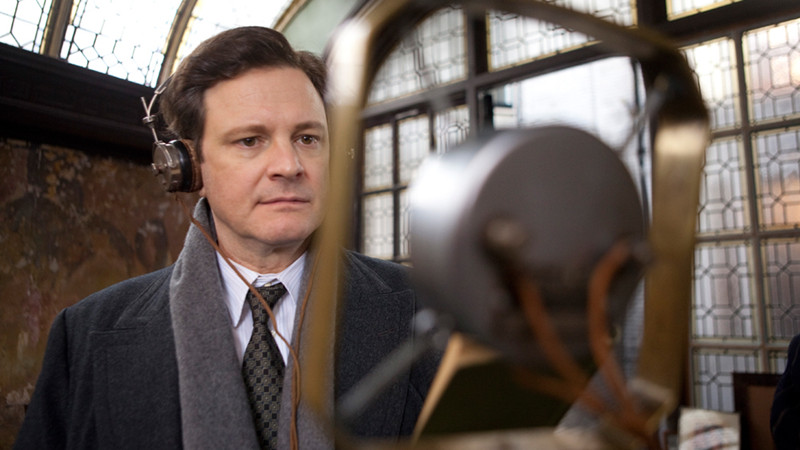
Whereas ‘The Social Network’ aged like fine wine as one of the timeliest, and prescient anatomies of the present era as well as a biting and uncanny portrait of one of its biggest icons, Tom Hopper’s soporific royal drama has all but faded into a meager footnote in awards history with no cultural imprint whatsoever.
‘The King’s Speech’ charts the unlikely bond between two mismatched men, King George the VI and a cheeky speech therapist who helps him overcome his stutter and deliver a nation-wide declaration of war on Nazi Germany in 1939. The film runs its cozy feel-good premise to the ground, hitting about every predictable story beat we’ve grown to expect with films of this ilk. Granted, if the Academy didn’t decide to reward utter mediocrity in the 2011 ceremony, we probably wouldn’t treat ‘The King’s Speech’ with so much disdain. In all likelihood, we just wouldn’t remember it at all.
17. The Shape of Water (2017)
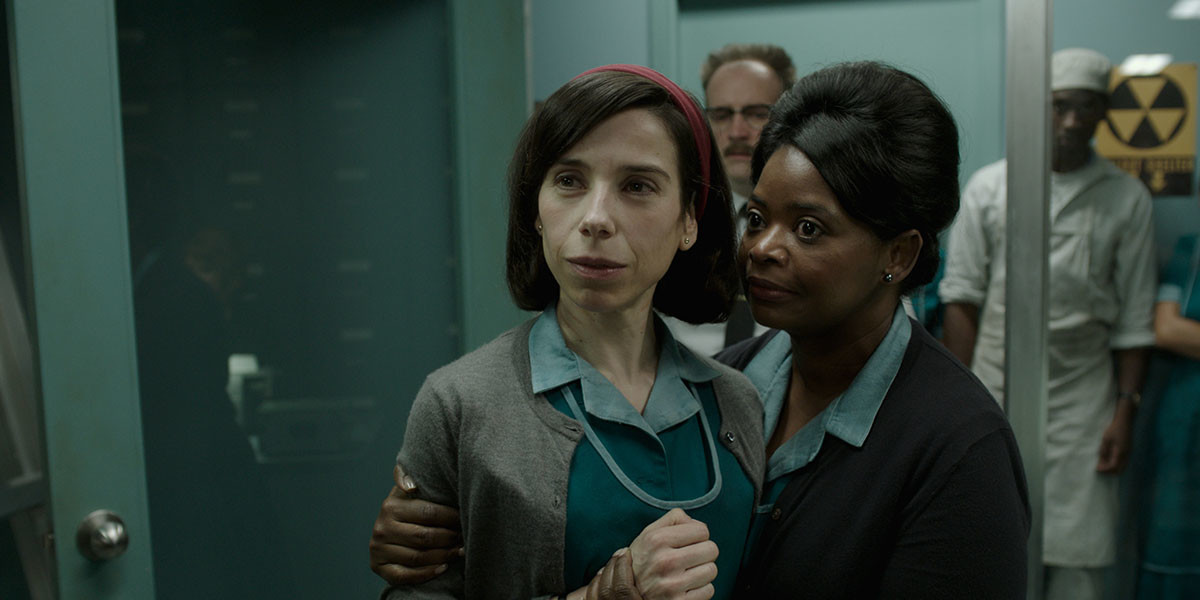
The Academy jury has always had a soft spot for Guillermo del Toro and his whimsical period fantasies — mostly for good reason though it’s not like he hasn’t clinched nominations for mediocre efforts as of lately (‘Nightmare Alley’). In one of the strongest and well-rounded line-ups in recent memory (‘Phantom Thread’, ‘Lady Bird’, ‘Get Out’, ‘Call Me by Your Name’), his Cold War noir-romance caught everyone off guard in a huge upset win that still raises a few eyebrows now and then.
‘The Shape of Water’ is unmistakably a del Toro production where the Mexican director conjured up all of his biggest trademarks, from the meticulous attention to detail, picturesque art design and gothic atmosphere, seamlessly juggling thriller and romance into something that feels thoroughly its own. That thing, however, is a film that rests entirely upon its fantastic premise – that being the unlikely romance between a mute woman and a merman – to win you over, and though it does make for some tender moments, the novelty wears off rather quickly. Though if truth be told, we just can’t get enough of Michael Shannon.
16. Chicago (2002)
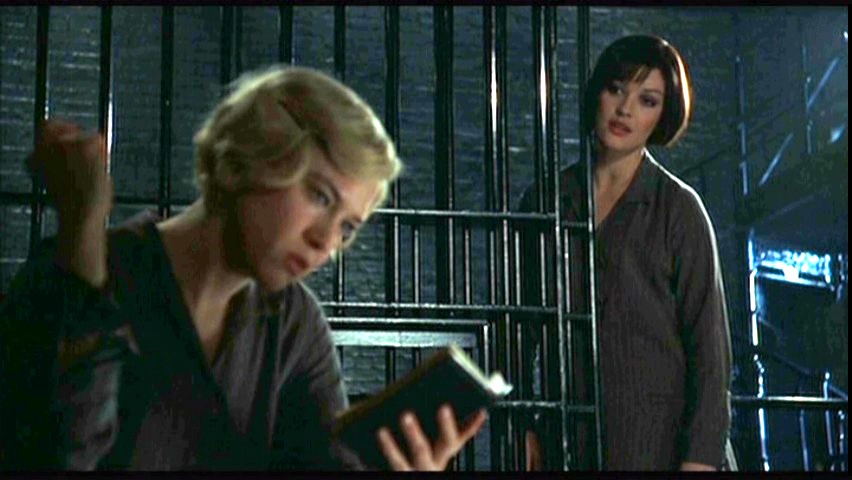
Hollywood adores musicals. Out of 92 Best Picture winners, no less than ten have been of this variety, not to mention the lengthy list of runners-up that came just short. But despite their long history of proven success come awards season, at the turn of the century it seemed that musicals were in the doldrums and had left their best years behind. Enter Rob Marshall’s dazzling reimagination of the Broadway smash hit – a film that added a much-needed glitter and pizzazz to a watered-down genre and reignited Hollywood’s affection for lively choreography and grandiose musical numbers.
The story puts us in the shoes of Roxie Hart, a husband-slaying femme fatale who becomes a media sensation during the frenzy build-up to her murder trial, and who will stop at nothing in order to remain in the spotlight and dodge death penalty. The central theme of the film, that of a woman frantically grasping at her newfound fame as the talk of town, is bitterly ironic given the Academy’s desperate attempts to stay relevant in modern times. ‘Chicago’ proved a fine, if never daring, spectacle that, in hindsight, had no business edging out the hefty line-up of contenders it went up against.
15. Argo (2012)
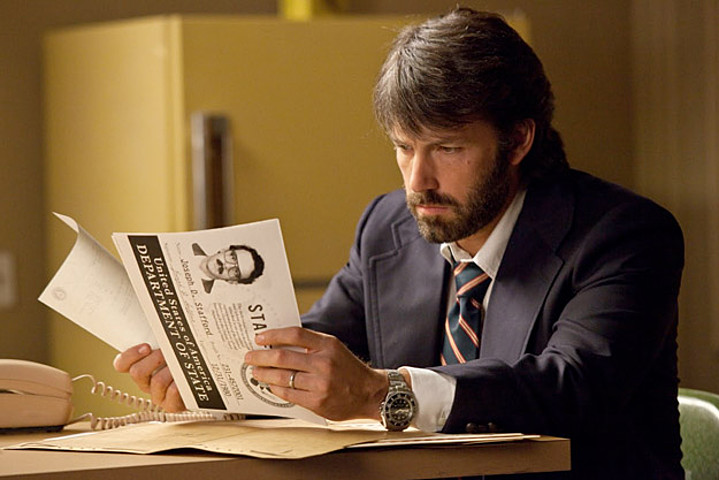
“See? Films literally save lives!” This might have well been the general reaction among self-absorbed Academy voters upon seeing Ben Affleck’s revisionist retelling of the 1979 Iranian hostage crisis. ‘Argo’ is essentially Hollywood’s wet dream — a cookie-cutter film loosely based on historical events that exemplifies how movies can solve problems and make a difference in the real world.
The story centers around a CIA operative who joins forces with a film crew and hatch a plan together to rescue six American diplomats held hostage in Tehran. Sadly, Affleck never delves into the messy, complicated roots of the real-life conflict serving as the film’s backdrop — that would muddle the feel-good vibes he’s desperately gunning for — and instead numbs it all down for the sake of simplicity. The result is a benign two-hour long victory lap that unsurprisingly struck a chord among studio moguls and corporate higher-ups.
14. Birdman or (The Unexpected Virtue of Ignorance) (2014)
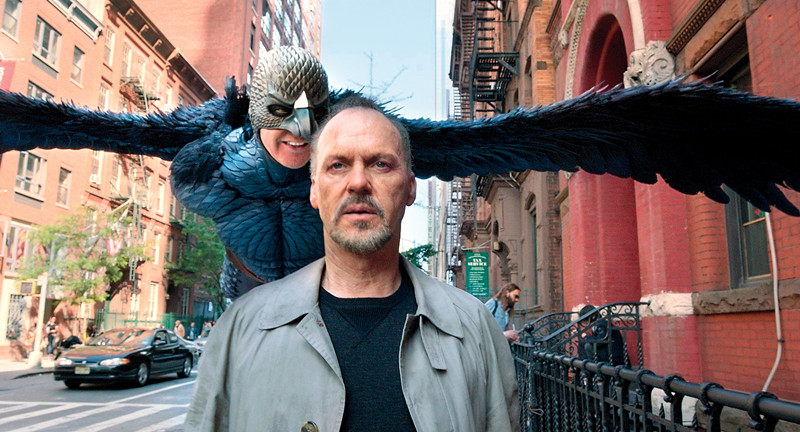
‘Birdman’ thrusts into the troubled headspace of a washed-out actor looking for one last shot at redemption, giving us a peek at the frantic backstage drama of his latest Broadway play as he wrestles with his inner demons. First and foremost, the film serves as a meaty showcase for its talented cast to shine and flex their acting chops. The much-publicized continuous long take that wowed voters and was lauded as confident showmanship back then is in all honestly little more than a strategic gimmick that adds exactly nothing to the narrative but probably earned the film the award anyway.
Iñárritu definitely tries his best at mimicking better filmmakers – from Godard’s self-awareness, Cassavetes’ chaotic spontaneity and Kaufman’s neuroticism, but does so without the levity and craftsmanship required. Ultimately, his ‘Birdman’ is a film at odds with itself, an angsty tirade about artistic freedom that preaches against the very same critics and award culture that it blatantly panders to. As an experiment on style, ‘Birdman’ aims high. But if you want a transcendent life-meets-art drama about an aging theater star on the edge of a nervous breakdown leading up to a Broadway premiere, ‘Opening Night’ is still the way to go.
13. The Artist (2011)
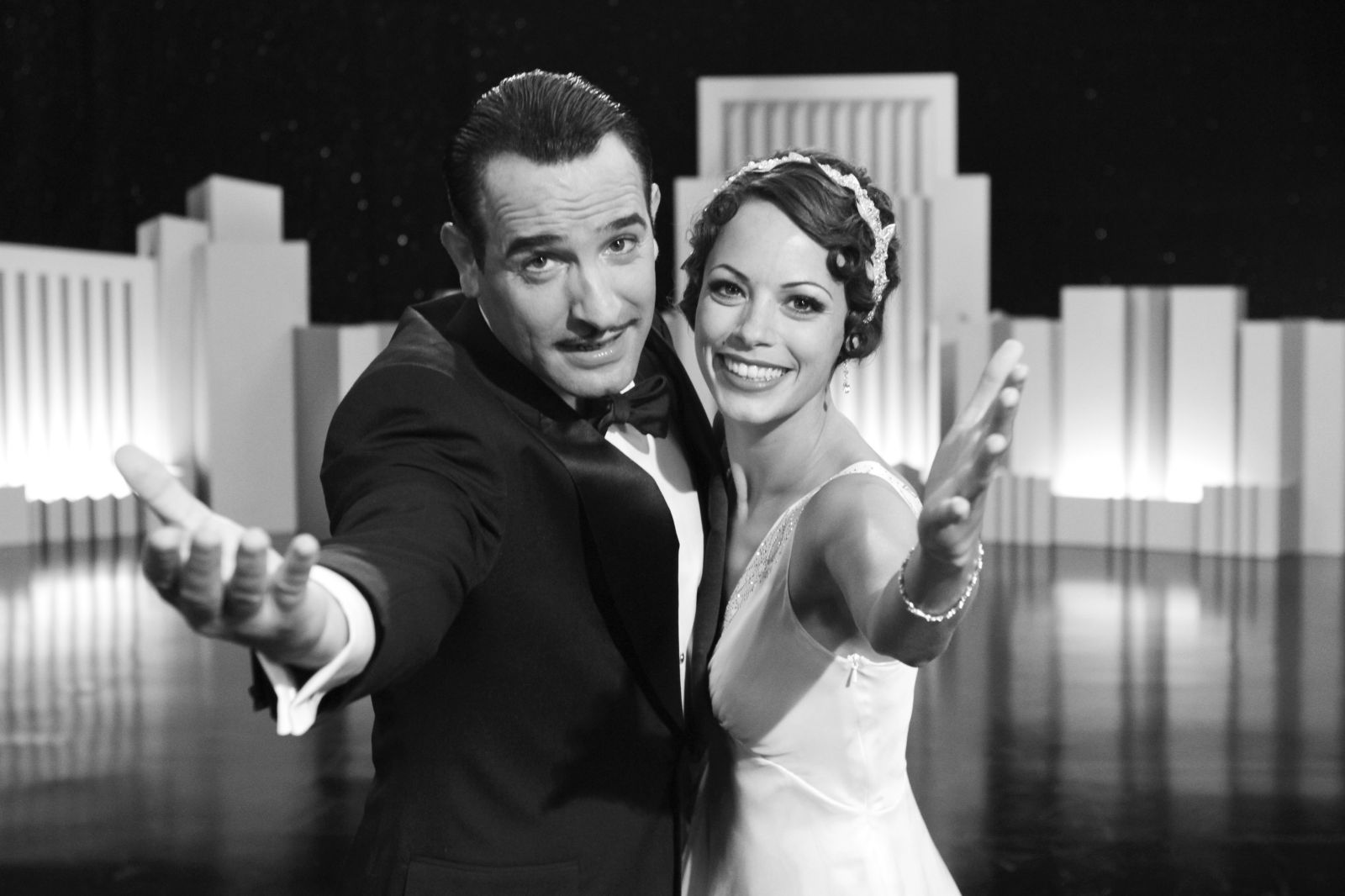
We all know there’s nothing Hollywood loves more than films about itself. ‘The Artist’ more than delivered on that promise as a heartfelt ode to the Golden Age, setting its central romance at a historic crossroads in the motion picture industry that saw a change of guard from silent to talkies. The film fuses these two cinematic eras together by means of its central romance, where an over-the-hill actor — whose former fame slips away right in front of his eyes — falls for a soaring dancer who soon becomes the new sensation in town.
From the aspect ratio, monochromatic look and music-only soundtrack, one can’t fault ‘The Artist’ for looking the part. However, we’re still recovering from the obnoxious trend that this Best Picture winner set — bluntly put, that aesthetic gimmickry had become far more esteemed than artistic audacity in the eyes of the Academy — resulting in hack jobs like ‘Belfast’ or ‘Mank’ racking up accolades in recent years. Given the subject matter, it’s not entirely surprising that this film won the jury over, but it’s still rather disappointing that it did so by trumping a breathtaking masterpiece like Terrence Malick’s ‘Tree of Life’.
12. A Beautiful Mind (2001)
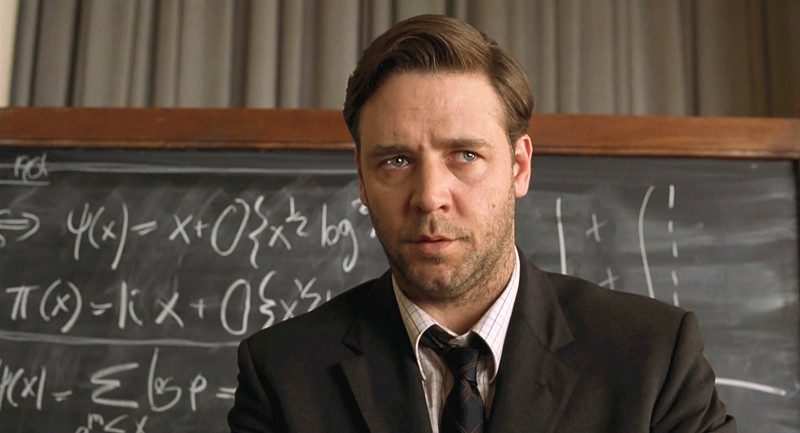
There’s nothing that tickles the fancy of an Academy voter like a sappy biopic — extra points to those that sanitize their subject matter and try to get you all misty-eyed with unearned, faux-inspirational moments. The 2021 awards race was spearheaded by no less than six films of such nature, a growing trend that shows no signs of slowing down and that could be traced all the way back to Ron Howard’s flavorless Best Picture winner.
‘A Beautiful Mind’ chronicles the troubled life of John Nash, a genius mathematician who saw his brilliant career tragically derailed by undiagnosed schizophrenia. For what it’s worth, it’s not like the film is a complete trainwreck. Russell Crowe, fresh off his ‘Gladiator’ win in a time where it seemed the man could do no wrong, valiantly makes the most out of the script he’s given. But the main reason we scornfully look back to ‘A Beautiful Mind’ as the quintessential Oscar-bait film is based on the fact that it paved the way for countless of aggressively bland biopics that have followed its imprint for a chance at Oscar glory. In a year that gifted us with ‘Spirited Away’, ‘Fellowship of the Ring’ and most notably, ‘Mulholland Drive’, this had no business coming out on top.